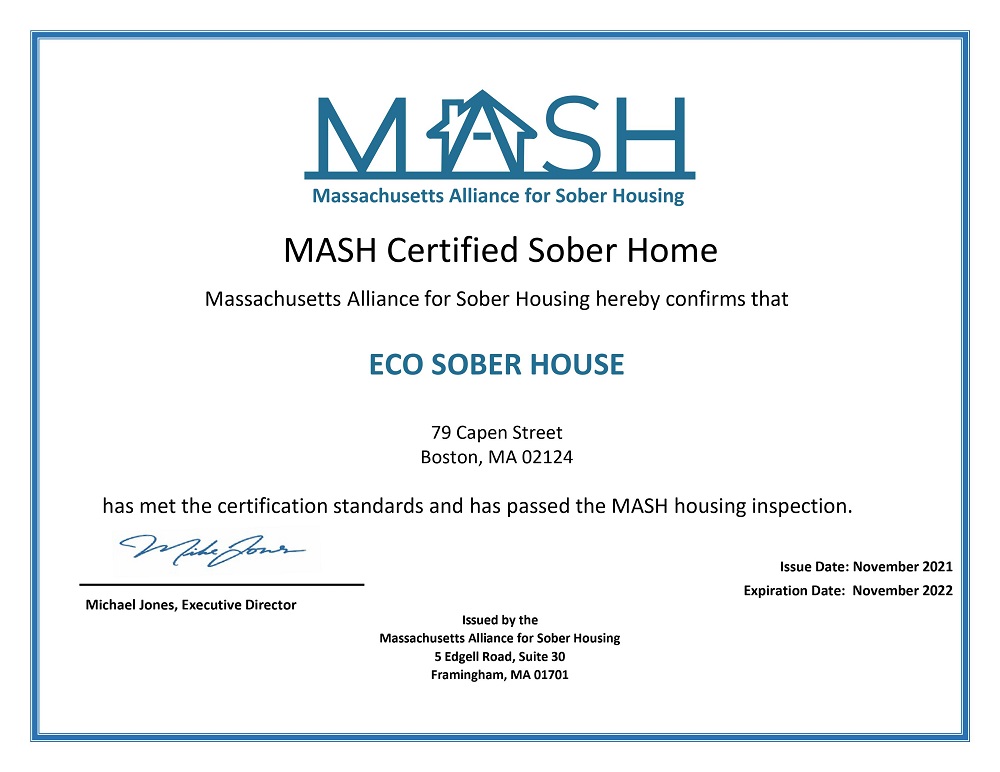By slowly reducing the dose, patients can minimize withdrawal symptoms and ease the transition off the medication. Dependence is a physiological state that develops when the body becomes used to the presence of a substance, leading to withdrawal symptoms if the drug is reduced or discontinued. According to these guidelines, the presence of two or three symptoms suggests a mild substance use disorder, while four or five symptoms indicate a moderate disorder.
Paying for Treatment
- The cycle of dependence can lead to various social and economic challenges, including strained relationships, job loss, and increased healthcare costs.
- The details are kept up to date to help people with addiction treatment needs get the most full and precise facts about the rehabilitation facility.
- Overall, clarifying this confusion promotes compassionate care and more precise diagnosis, ultimately improving health outcomes.
- These programs are suited to individuals who have just completed an inpatient program and want to continue some form of therapy.
- Let us start with an explanation of what is meant by “dependence” and “addiction”.
If you’re concerned about your drug use and whether it’s crossing the line towards addiction, an alcoholism understanding of these terms can help. Like your brain, your body can quickly get used to any drugs8 you take. If you use a drug often, you’ll need higher doses to feel the same effects. For example, it takes just 2-3 doses of opioids9 for some people to develop a tolerance. This conflation of addiction with dependence, which stigmatizes effective medication treatment for opioid use disorder, is even enshrined in law.
What is the difference between opioid addiction and dependence?

Her work explores post-traumatic growth and the connection between physical and mental health. In addition to writing for Recovery.com she has written meditations for NatureSpace and is a licensed massage therapist. Additional training in assessment and diagnosis for physician trainees at the medical school level is also needed. Most medical schools only devote a few hours over four years to teaching addiction medicine, a mere fraction of the time devoted to other chronic diseases encountered in general practice 8. As a result, many physicians are ill-equipped to differentiate addiction https://ecosoberhouse.com/ from dependence due to a lack of expertise.

The Difference Between Dependence and Addiction
Over time, the what is the difference between addiction and dependence body adapts to the presence of a drug or alcohol, leading to physical dependence. The word “addiction” refers to a compulsive need to use a substance despite knowing the negative consequences. As stated above, the difference between dependency and addiction comes down to behaviour. With addiction, you will experience all the physical and psychological symptoms of dependence if you stop taking your substance for any amount of time. If you are addicted, you will experience the same physical withdrawal symptoms as someone dependent. Mark Halsey is a licensed therapist, founder, and chief editor of Clean Break Recovery.
- Treating addiction, on the other hand, typically requires a more comprehensive approach.
- The person struggling with dependence or addiction might face challenges in work, relationships, and self-esteem.
- But the ICD has yet to catch up and since American billing systems and other records often rely on ICD, this conflation continues to cause problems both in the United States and rest of the world.
- It includes compulsive drug-seeking behavior, cravings, and a loss of control over use despite harmful consequences.
How Does Family Therapy Support Addiction Recovery?

One size definitely does not fit all when it comes to treating addiction and dependence. Each condition requires a tailored approach, considering the specific challenges a client faces. Let’s discuss some treatment methods and how they are structured for both addiction and dependence. If you suspect that you or a loved one has OUD, it’s imperative to seek help from a healthcare professional or addiction counselor as soon as possible. Substance use disorders, on the other hand, affect the part of the brain that guides self-control to the point where a person might prioritize drug use over their safety and quality of life. Someone with a physical dependence on opioids may have some level of control over their opioid use.
